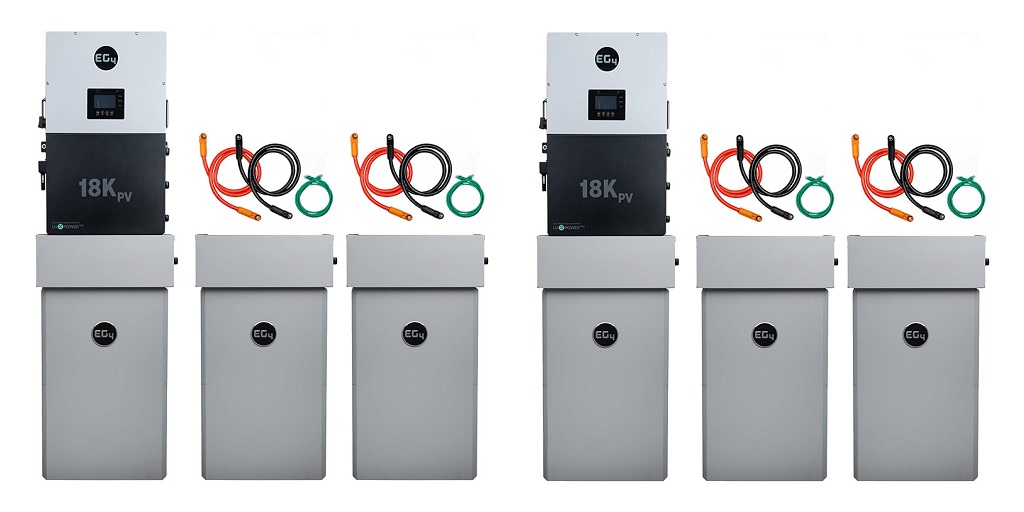
Congratulations, you’ve finally made the switch from a lead-acid marine battery to something much better – a lithium battery for your trolling motor.
It’s lighter, more compact, will last longer, and will offer much greater power than what you’re used to. Plus, the lithium trolling motor battery won’t flag as the day wears on, like your old lead-acid marine battery.
And, on top of that, lithium marine batteries require far less maintenance than conventional lead-acid marine batteries. But, with that said, you still need to know how to properly care for and store your lithium batteries so you reap the full potential. Here are some pointers on that front.
Protect from Temperature Extremes
It is true that lithium marine batteries are more temperature tolerant than lead-acid alternatives, but they should still be protected against extreme heat and cold, especially while charging. Never leave your lithium battery out, exposed in the sun, and if possible, do not expose it to below-freezing temperatures.
Don’t Overcharge Them
Most lithium batteries come with built-in overcharge protection, but you don’t want to test the fates. Therefore, once your battery has fully charged, disconnect the charger; don’t just leave the battery hooked up to the charger for hours at a time; if the overcharge protection fails or malfunctions, your battery will be damaged.
Charge Only in Suitable Conditions
If possible, remove the battery from its compartment and charge it in a cool, dry location; charging the battery in conditions that are either too hor or too cold can cause it to overheat or otherwise damage it.
If Possible, Disconnect the Battery When Not in Use
All batteries self-discharge over time, and though lithium batteries are less prone to this than other types, they will still slowly drain, and more quickly if hooked up to a trolling motor or to electronics, even when not in use. The quick tip is to disconnect the terminals when the battery is not actively being used.
Keep the Battery Compartment Well-Ventilated
This is more a matter of safety for you as the operator than it is for the battery; though lithium batteries rarely emit gas, it is still important to keep the battery compartment well-ventilated as a hedge against this risk.
Make Sure Your Terminals Are Secure and Well-Protected
Lastly, to protect both your terminals and your electronics, make sure the leads you hook up to your battery terminals are secure as well as protected against corrosion. Make sure they’re tight, and cover all exposed, naked wire with a little bit of marine-rated dielectric grease (after you establish the connection, you don’t want the grease on the terminals themselves as the grease is an insulator).
Where to Get a Lithium Battery for Your Trolling Motor
In the event you’re here because you haven’t made the switch yet and are currently just reading up on the relative virtues of lithium marine batteries, you can learn more over at BigBattery. Check out what they offer (their catalog includes a variety of lithium marine batteries) and get in touch with them if you would like personal recommendations for battery power for your vessel. Let them know what you’re running and they’ll tell you how to proceed.


